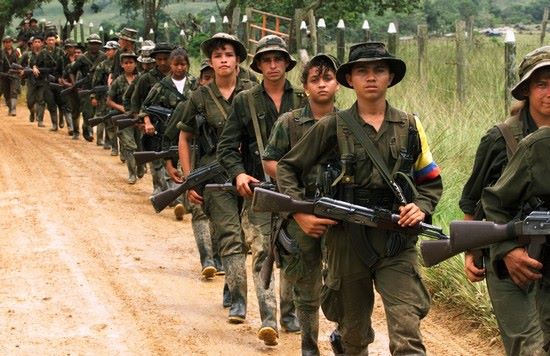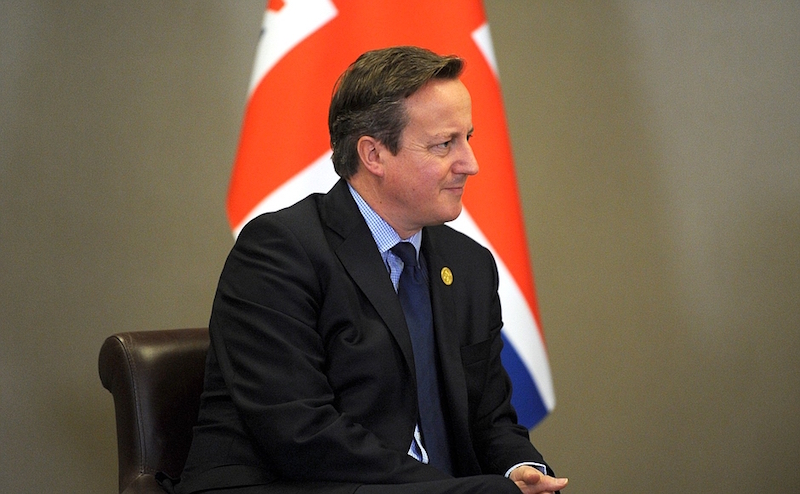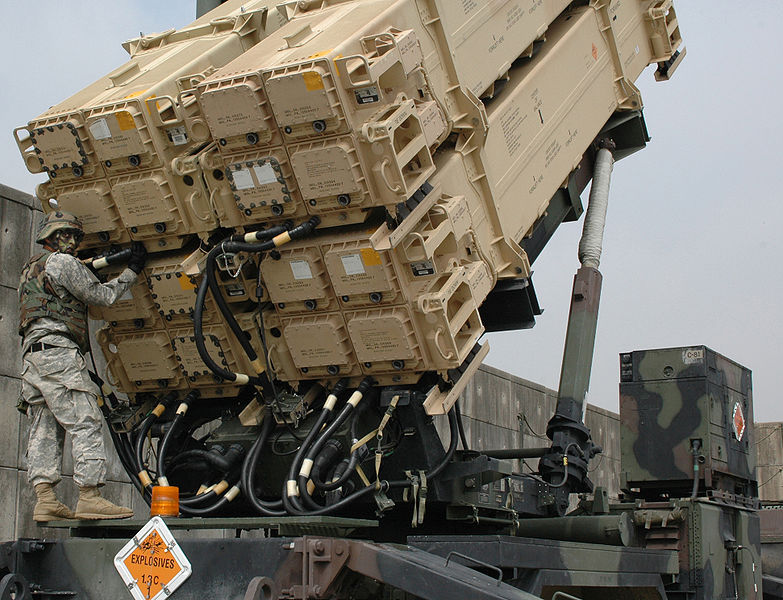With the peace talks having resumed on March 16, in Havana, Cuba between the Government of Colombia and the Fuerzas Armadas Revolucionarias de Colombia or FARC, now is a good time to review the peace talks which are the best hope for bringing an end to a conflict that has claimed some 220,000 lives and seen millions more threatened, kidnapped, injured by landmines, or displaced by the violence since it began in 1964.
Peace talks began between FARC and the Government of Colombia in November 2012 and resumed on Tuesday March 16, 2015 in the 34th round of negotiations. These talks are hosted by Cuba and Norway who act as both hosts and guarantors between the two parties with early negotiations having taken place in Oslo, Norway and now moved to Havana.
There is more good faith going into this round of negotiations since the Government of Colombia has agreed to a month long suspension of air strikes against the FARC rebel areas, in response to the ceasefire FARC initiated in December, 2014 which has been maintained by the rebel group for the most part but is now showing signs of deteriorating. The group has also agreed to stop recruiting children and has promised to help identify and remove anti-personnel landmines spread throughout the country.
Since the talks began three topics have been addressed: land reform, political participation, and cocaine production. Land reform has been one of FARC’s greatest issues as it was one of the founding issues for the group. When the group was originally created in 1964 it was a communist agrarian reform movement in response to government efforts to subsidize large scale industrial farming and violently force families off their farms. As agreed upon in the talks in May 2013, there will be infrastructural and social development in some of the poorest areas in rural Colombia, as well as land transfers to poorer farmers in the country. The focus of this part of the accord is on revitalizing the rural economy and addressing the poverty in rural Colombia and reversing the effects of the actions taken by the government in the 1960s.
The second vital point is political participation. The two sides came to an agreement in November 2013 which would allow for former FARC members to participate in the political process, form new political groups, and run for office. It also guarantees safety for those expressing peaceful political opposition and gives citizens the opportunity to peacefully form political opposition groups. Political participation is another victory for the FARC as this was a part of their founding. Throughout Colombian history political opposition has often resulted in violence, but with this point political participation and opposition are both guaranteed and even encouraged, a stark departure from the days of the founding of the FARC.
The third point that has been agreed upon so far is cocaine production. The control and taxation of cocaine production has been the main source of finance for the FARC since the 1980s and with the new agreement the group has agreed to renounce control over the illicit drug trade of the country. In renouncing control of the drug cartel the rebel group has pledged to do what it can to minimize cocaine production in Colombia. This is a particularly large victory for the Government of Colombia since the removal of FARC would allow it to make huge strides in combating the illicit drug trade in the country.
The last three issues including: victim’s rights, disarmament of the FARC, and implementation of the peace accords, are some of the hardest to address. The group has recently taken responsibility for its actions, but some view these as hollow words considering the group has made similar statements in the past. Now that talks have resumed victim’s rights are the main point of the agenda so developments may soon come in that area. Disarming the FARC will be a long and arduous challenge. Some FARC members are not ready to hand over their weapons without guarantees that the peace will hold. There is also the issue of the anti-personnel landmines that litter the country which will take years to fully remove. The real struggle is how to get the FARC’s 8,000 members to agree upon the conditions set out in the final accord. There is no guarantee that all members of the group will lay down arms and reintegrate into civilian life once the accord has been signed.
Ultimately, the final decision lies in the hands of the Colombian people. In November 2013, a bill was passed by the Colombian Congress which would give the Colombian populace the ability to ratify the peace accords. Considering the political landscape of the country, the peace accords would most likely pass. Colombians have grown tired of the constant fighting between the two groups and want the violence to stop. These talks show the most promise to ending the most violence that Colombia has ever seen and people are responding well. A recent bimonthly Gallup poll shows 72% of Colombians support the process and 53% believing that this is a legitimate step towards peace.
While the three issues have still not been addressed, the fact that the Government of Colombia and FARC have managed to agree on three issues that have plagued the country since the 1960s is a huge step in the right direction. Although it is not clear whether all of the FARC’s members will reintegrate into society or whether the government will allow for effective political opposition, these talks are the best chance of peace that Colombia has. In the country that has been the site of Latin America’s longest war a brighter economic and political future is on the horizon. If the peace accord is accepted then the people of Colombia can put this war behind them and begin to build a safer and more prosperous country.




